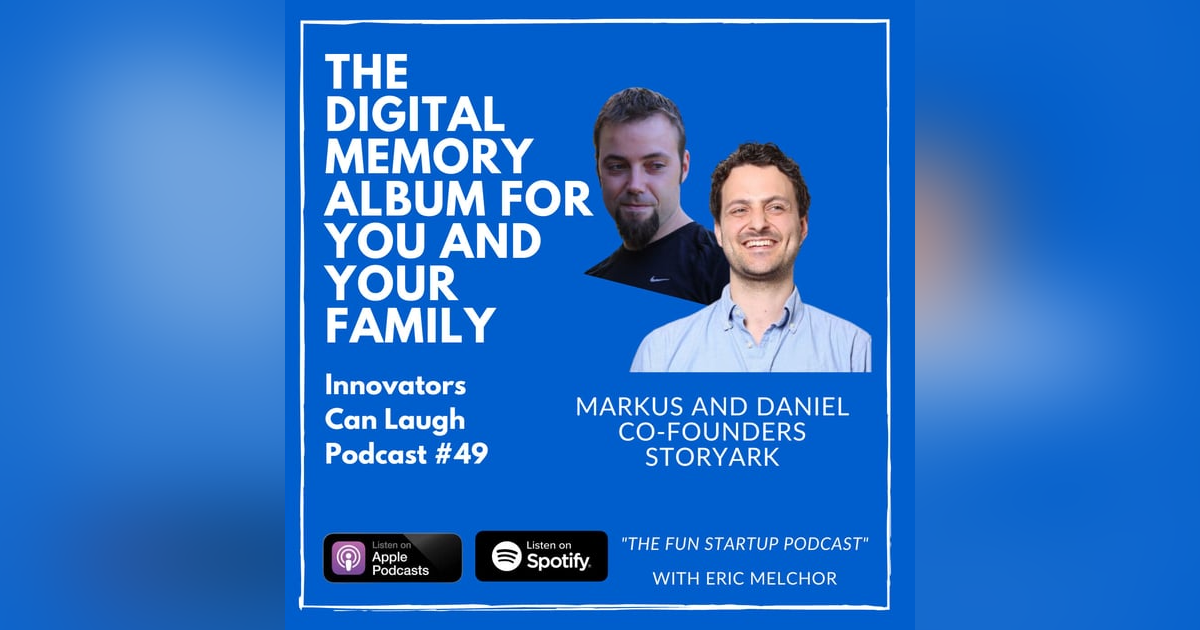The digital memory album for you and your family

In this episode, we chat with bootstrap founders Daniel and Markus from Storyark. Storyark is a digital memory album for you and your family. It allows you to securely store photos, videos, audio, and text and share them with your family and close friends.
In this chat, we learn about how they are bootstrapping their startup, how Storyark is different than other apps in the market, and also fun stuff about their personality that even they did not know about each other.
I chatted with bootstrap founders Daniel and Markus from Storyark. Storyark is a digital memory album for you and your family. It allows you to securely store photos, videos, audio, and text and share them with your family and close friends.
They got this idea at Oktoberfest and, as you probably guessed, are also dads with small kids.
In this chat, we learn about how they are bootstrapping their startup, how Storyark is different than other apps in the market, and also fun stuff about their personality that even they did not know about each other.
Links:
Do you love Innovators Can Laugh and want to see Eric’s smiling face? Subscribe to my YouTube channel.
Want more insights like this? Check out the Innovators Can Laugh newsletter
----
Past guests on Innovators Can Laugh include Ovi Negrean, Arnaud Belinga, Csaba Zajdó, Dagobert Renouf, Andrei Zinkevich, Viktorija Cijunskyte, Lukas Kaminskis, Pija Indriunaite, Monika Paule, PhD, Vytautas Zabulis, Leon van der Laan, Ieva Vaitkevičiūtė.
-----
Additional episodes you might enjoy:
#45 Dagobert Renouf - Brand design for your Startup in 5 minutes
#42 Csaba Zajdó - Top Startup in Europe for E-commerce: OptiMonk
#30 Andrius Rimkunas - The smart, wireless, GPS-powered alarm system
#28 Monika Paule, PhD - Trailblazing discoveries in Gene Editing Solutions
#23 Ieva Vaitkevičiūtė - Mindletic: a mental gym for your emotional balance
#18 - Irina Constantin - Vaunt - the Complete Solution for Real-estate Business Management
#4 - Julija Jegorova - Creating exposure for global startups











